
ARCHITECTURE × URBANISM × TECHNOLOGY × DESIGN
Wikitopia Project is an ambitious, cross-disciplinary research project, the goal of which is to realize technologically-enhanced future cities that can be continuously edited and improved by citizens like the online encyclopedia Wikipedia. Launched in 2017 with support from the Japan Science and Technology Agency, the project is an international collaboration between multiple organizations and individuals spread across Japan and the US. As part of our research, we will hold an international competition soliciting a wide range of novel ideas (architectural, technological, regulational, etc.) that can shape the future of urbanism worldwide.
We seek ideas for new designs, technologies, systems, and concepts that we can realistically expect to be implemented in the near- to mid-term future. In other words, what we would like to see is not complete science fiction, but forward-looking ideas that nevertheless can inform or become part of our research agenda in the coming years.
What we call Wikitopia is a vision of future cities that are built not only by the hands of few, select parties (governments, developers, professionals, etc.), but through active, spontaneous participation of citizens. We believe that the ideas submitted to this competition will comprise the fundamental building blocks of such future cities. We look forward to receiving diverse submissions from a variety of perspectives and disciplinary backgrounds, including architecture, urban design, engineering, science, fine arts, activism, and many others.
Wikitopia Project Director
Yuichiro Takeuchi / Sony Computer Science Laboratories Inc.
WIKITOPIA INTERNATIONAL COMPETITION Organizers
Jack Cochran / Urbain DRC
Carl Koepcke / Urbain DRC
Shunsuke Kurakata / Architectural Historian
Sotaro Yamamoto / Architect
Kentaro Yamada / Editor
Supporters
Ginza Sony Park Project
Japan Science and Technology Agency (JST)
Sony Computer Science Laboratories Inc.
NTT Publishing Co., Ltd.
Location Information Service Research Agency (Lisra)
ABOUT THE COMPETITION
The competition will be held in two phases: Phase 1 Competition and Phase 2 Competition. Participants can submit entries to either one of the two phases, or submit separate entries to both if they choose. However, as part of the winner-selection procedure for Phase 2, we are planning to introduce a web-based, democratic decision making process that involves all participants, including those that had only submitted to Phase 1. Please kindly consider taking part in this process, even if you are only interested in submitting to Phase 1.We expect that entries to this competition will play significant roles in shaping the future of the Wikitopia Project — in this sense, everyone who contributes ideas will become a de-facto collaborator of our project (note that the Wikitopia Project will not claim copyright over the submitted works; all copyright regarding entries will belong to their original authors). We hope to see novel submissions that go beyond existing thoughts about how urban spaces/systems are designed, implemented, and used.
• Phase 1 Competition Deadline: September 24 (Mon), 2018 (23:59 PDT)
Submission is closed (See list of winners and all submitted entries)
• Phase 2 Competition Deadline: December 28 (Fri), 2018 (23:59 PDT)
Submission is closed (See list of winners and all submitted entries)
Please click on the following tabs for the respective competition briefs.
PHASE 1 COMPETITION
| Theme: | “Apps for Wikitopia (Ginza)” |
| Site: | Ginza area, Tokyo |
| Deadline: | |
| Submission is closed (click here to see list of winners and all submitted entries). | |
| Big thanks to everyone who has participated! |
ELIGIBILITY
There are no restrictions regarding age, nationality, professional status, etc. Both individuals and groups (with one individual serving as the group leader) are encouraged to participate; there are no limits regarding the number of submissions by a single individual/group. Submitting entries to this phase does not make it mandatory to also submit to the Phase 2 Competition. However, as noted earlier the Phase 2 Competition will employ a web-based decision making process in selecting the winner of the “Wikitopia Prize”. Please kindly consider taking part in this process, even if you have no interest in submitting to the Phase 2 Competition.
GUIDELINES
In the Phase 1 Competition, we solicit new “apps” that will become the foundational building blocks of Wikitopia — “future cities created by everyone”. Here, we use the term “app” to refer to any idea that “affects urban space or people’s activities within it, through spontaneous actions of citizens (physical, digital, or a combination thereof)”. Existing “apps” include the following: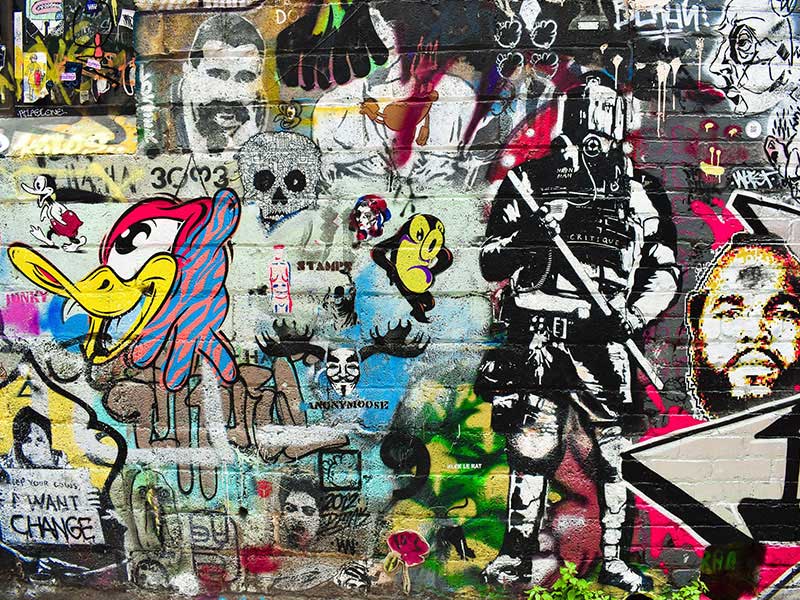
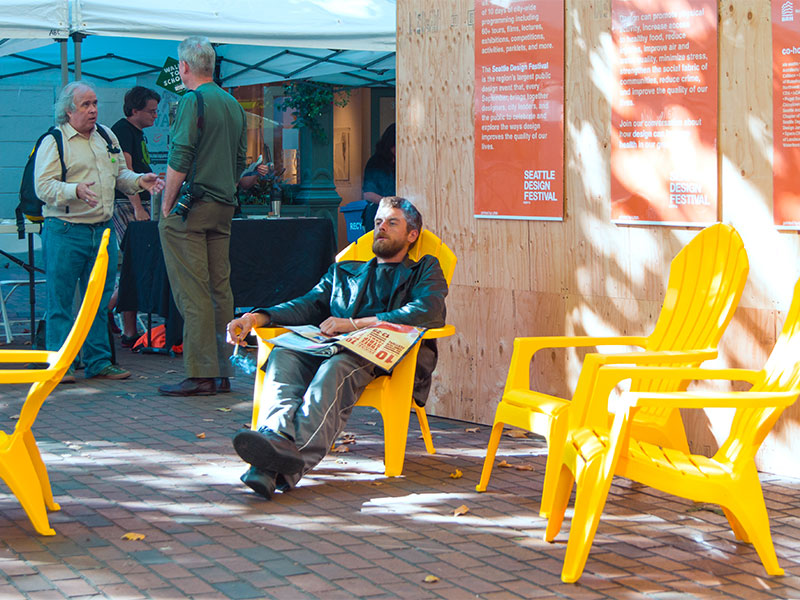
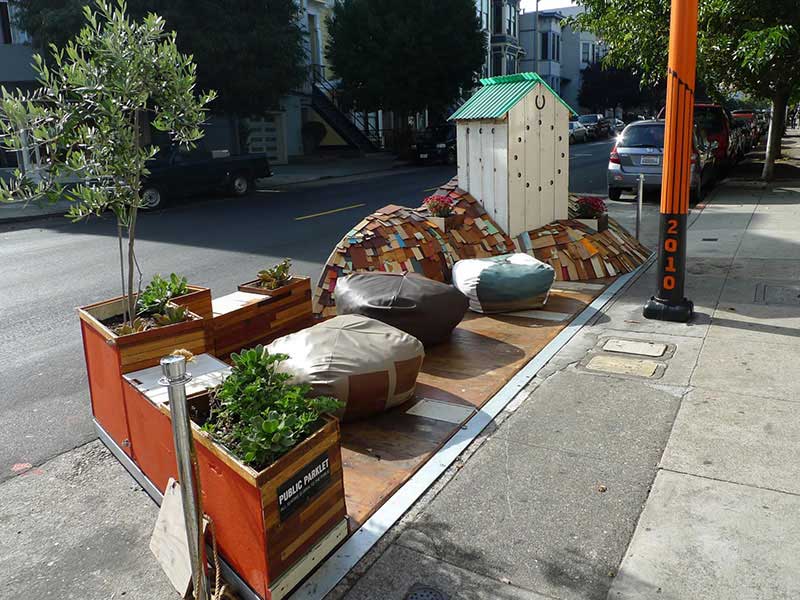
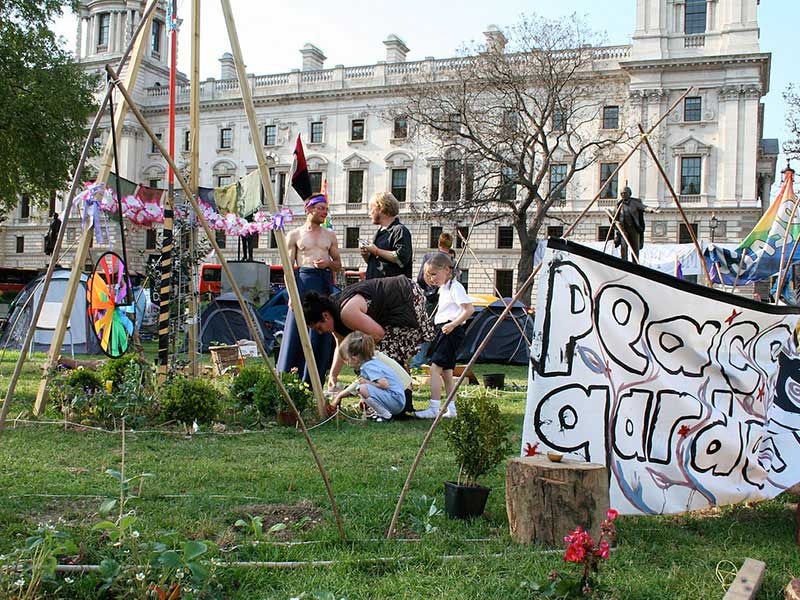

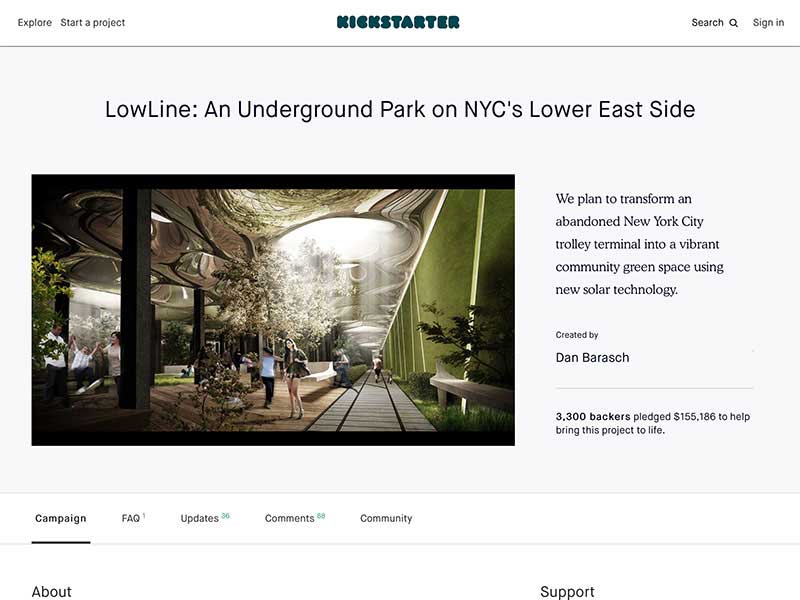
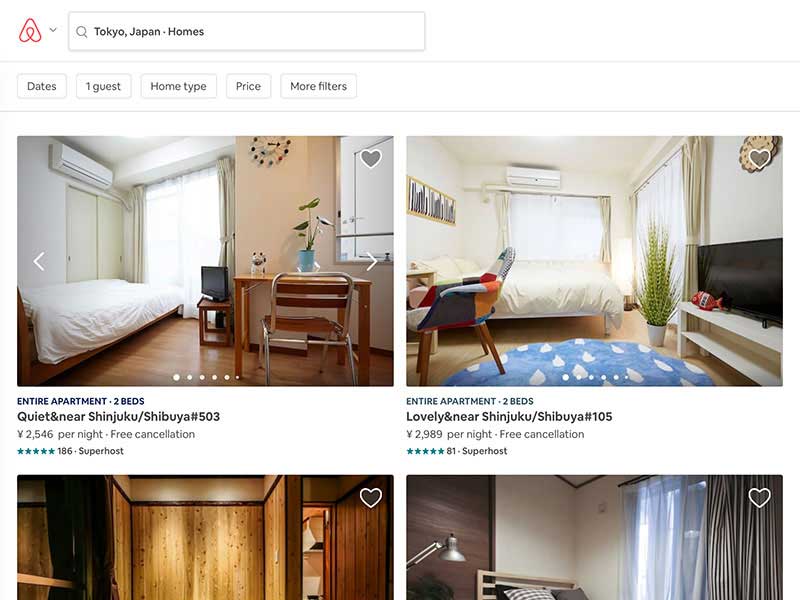
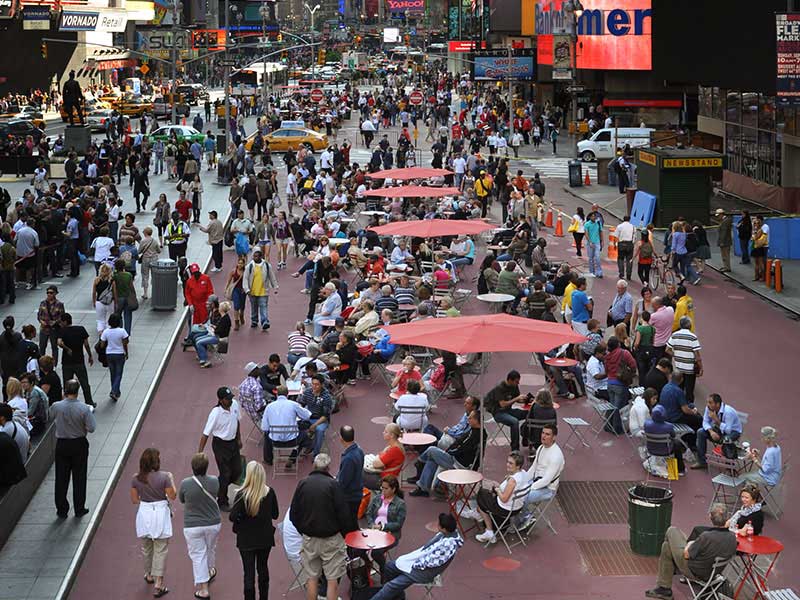
We ask you to come up with ideas for new “apps” that go beyond such precedents. Apps can make use of existing or (reasonably realistic) near-future technologies, such as Artificial Intelligence, IoT (Internet of Things), 3D Printing and other Digital Fabrication techniques, Virtual and Augmented Reality, Projection Mapping, Drones, Self-driving Cars, etc. Also, apps can require (again, reasonably realistic) new legislation, regulations, or infrastructures as prerequisites for their deployment.
The site is Ginza, Tokyo. However, please consider this as more of a hint than a hard requirement. We are looking for ideas that can be applied to neighborhoods where “a large number of people and objects actively interact daily, in diverse ways”, of which Ginza is but one example. Thus, ideas do not necessarily need to be closely tied to the specific historical, cultural, and geographical context of Ginza, Tokyo, or Japan.
The following are several of the types of ideas we hope to see. These are merely examples, and submissions do not need to neatly fall into any of these three categories; they can occupy space between multiple categories, or lie entirely outside any of the categories. Any idea that contributes, in one way or another, to the core idea of “future cities created by everyone” will make a valid submission.
1) Innovative Hardware
Ideas involving new urban hardware (buildings, spaces, facilities, etc.) that contribute to the Wikitopia vision. Examples include public furniture or small parks that can be built spontaneously by members of the local community, and digital signboards whose contents can be controlled by the public.
2) Innovative IT Systems
Ideas about new IT systems that affect the city’s functions and/or people’s behaviors within it. Examples include a web-based system that facilitates use of underutilized spaces as stores, stages, etc., and an augmented-reality system that allows anyone to overlay virtual information onto the urban environment.
3) Innovative Planning
Ideas related to new programs, regulations, events, etc. that support DIY-style urbanism. Examples include deregulation proposals that facilitate citizen participation in DIY urbanism projects, spontaneously held workshops, and new procedures by which public space (streets, plazas, etc.) is designed and built.
EVALUATION / ANNOUNCEMENT OF WINNERS
Submissions will be judged based on criteria such as the novelty of the idea, real-world feasibility, and potential impact on urban space and people’s lives.Winners will be announced on this website, by mid November 2018 at the latest. From November 26 to 28, an exhibition showcasing entries to the competition will be held in central Tokyo (Nomura Conference Plaza Nihonbashi 6F; co-located with the international conference ACM ISS 2018). The exhibition will be open from 9am to 9pm on the 26th and 27th, and from 9am to 5pm on the 28th. Also, in the evening of November 26, a public event will be held at the same venue featuring talks by winners, jury members, and guest speaker Dan Hill of Arup Digital Studio. (Attendance is free for both the exhibition and the public event.) As a general rule, all entries submitted to this competition will be published on this website.
Click here to see the list of winners, and a gallery showcasing all submitted entries.
AWARDS
| Winner (1 entry): | 500K yen (approx. 4600USD) |
| Finalists (2~3 entries): | 100K yen (approx. 920USD) |
| Honorable Mentions (4~5 entries): | 50K yen (approx. 460USD) |
| * Amount in USD will change based on exchange rate |
PHASE 2 COMPETITION
| Theme: | “Apps for Wikitopia (Ginza Sony Park)” |
| Site: | Ginza Sony Park (5-3-1 Ginza, Chuo, Tokyo) |
| Deadline: | |
| Submission is closed (click here to see list of winners and all submitted entries). | |
| Big thanks to everyone who has participated! |
ELIGIBILITY
As with the Phase 1 Competition, there are no restrictions regarding age, nationality, professional status, etc. Both individuals and groups (with one individual serving as the group leader) are encouraged to participate; there are no limits regarding the number of submissions by a single individual/group. Submission to the Phase 1 Competition is not a prerequisite to participate in the Phase 2 Competition.
GUIDELINES
Again, as with the Phase 1 Competition, we solicit new “apps” that will become the foundational building blocks of Wikitopia — “future cities created by everyone”. (Please read through the Phase 1 competition brief for an explanation on what we refer to as “apps” here.) However, for the Phase 2 Competition we will introduce the following two conditions:First, in the Phase 2 Competition, we solicit ideas that either build on, or combine entries to the Phase 1 Competition (any of the 107 entries showcased here). In software engineering, it is routine to incrementally improve existing applications, or to develop new applications by combining components of existing software. Through the format of the Phase 2 Competition, we wish to test whether such software engineering practices can be applied to DIY-style urbanism. Within your submissions, please clearly indicate which Phase 1 entry/entries your new ideas are based on. (Please also refer to the FAQ at the bottom of this page regarding this requirement.)
Also, in the Phase 2 Competition the site is more narrowly defined; this time, we solicit ideas targeting Ginza Sony Park, or areas in its immediate vicinity. (For plan drawings of Ginza Sony Park, please submit a request from this page.) Several of the Phase 2 Competition entries may be considered for actual deployment on site in 2019 or beyond.
As with the Phase 1 Competition, we expect ideas from a multitude of perspectives and disciplinary backgrounds.
EVALUATION / ANNOUNCEMENT OF WINNERS
As with the Phase 1 Competition, submissions will be judged based on criteria such as the novelty of the idea, real-world feasibility, and potential impact on urban space and people’s lives.First, the jury will select a group of Qualified Entries (around 30 entries; Winner, Finalists, and Wikitopia Prize Winner will all be selected from these entries), which will be announced on this website in early 2019. (The Winner and Finalists will also be selected by the jury at this time, but announcement will take place later, in spring 2019.) Next, a web-based system will become live where all participants (everyone who had submitted to either the Phase 1 or Phase 2 Competition; the URL for the system will be sent to those eligible later) engage in a democratic decision making process whose results will determine the Wikitopia Prize Winner. All winners will be announced in spring 2019.
As a general rule, all submitted “apps” will be published on this website. Also, from May 17 to June 2, 2019, an exhibition showcasing entries to the competition (WIKITOPIA Visions) will be held at Ginza Sony Park (attendance is free). As stated earlier, a subset of the Phase 2 Competition entries may be considered for actual deployment on site in 2019 or beyond.
Click here to see the list of winners, and a gallery showcasing all submitted entries.
AWARDS
| Winner (1 entry): | 500K yen (approx. 4600USD) |
| Finalists (2~3 entries): | 100K yen (approx. 920USD) |
| Wikitopia Prize (1 entry): | 500K yen (approx. 4600USD) |
| * Amount in USD will change based on exchange rate |
SUBMISSION INSTRUCTIONS
Please create a PDF file that conforms to the following set of requirements, and upload the file before the deadline by following the instructions on- 1: File name must be [Last Name]_[Entry Name] (Example: Jones_SuperBench.pdf). In case of a group submission, please use the last name of the group leader.
- 2: File size must not exceed 100MB.
- 3: Please describe your idea using text, images, etc. laid out on either one or two horizontal sheets (A3 size: 420mm x 297mm), and combine all sheets into a single PDF file.
- 4: All text within the sheets must be written in either English or Japanese. Japanese text should preferably be supplemented by English translations.
- 5: The [Entry Name] must be included in the upper-left corner of each sheet.
- 6: Somewhere on the first sheet, please include a summary text of maximum 150 words English, or 300 characters Japanese (preferably supplemented by an English translation) that concisely explains your idea.
- 7: Somewhere on the first sheet, please include a square (width/height ratio = 1:1) image that can serve as the representative image of your idea.
- 8: All text within the sheets must be large enough to be legible when printing the sheets on A3 size (420mm x 297mm) paper.
- 9: Aside from the file name, please DO NOT include any personal information (e.g., names, affiliations) on any of the sheets that can identify individuals involved with the submission.
- 10: Aside from the aforementioned requirements, there are no other restrictions regarding the design of the sheets.
- 11: Files uploaded after the deadline will not be considered.
- 12: When uploading the file, we will ask you to enter personal information and also the metadata regarding your submission.
METADATA
As a general rule, all ideas submitted to this competition will be recorded into a database that we are building as part of the Wikitopia Project. To facilitate this process, at the time of submission, we ask all participants to enter a set of information (metadata) that describes the nature of their entries (this is common for both Phase 1 and Phase 2 Competitions). More precisely, we ask you to specify the following information, each in a scale of one to three:* Please describe the nature of your idea with regards to the following six parameters, each in a scale of one to three. Parameters that are inapplicable to the idea for any reason may be omitted.
-
• The degree to which advanced technologies (including IT) are used
(Low-tech) 1 - 2 - 3 (High-tech) -
• Site-specificness: The degree to which the idea targets a specific locale
(Site-agnostic/universal) 1 - 2 - 3 (Site-specific) -
• Degree of commercial potential
(Strictly for public good) 1 - 2 - 3 (May profit some parties involved) -
• Time scale of citizen-led changes to cities enabled by the idea
(Short-term change) 1 - 2 - 3 (Long-term change) -
• Geographic scale of citizen-led changes to cities enabled by the idea
(Small-scale change) 1 - 2 - 3 (Large-scale change) -
• Hurdles toward participation, from a citizen’s perspective
(Anyone can participate) 1 - 2 - 3 (Requires expertise, time, money, etc.)
JURY (JAPAN)
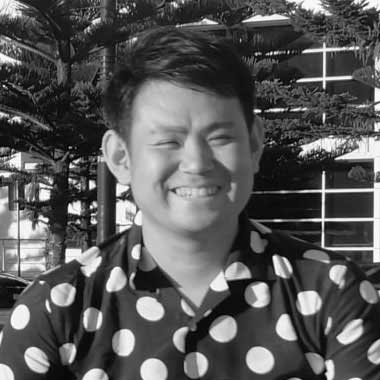
Rui Izumiyama
Tactical Urbanist
University of Tokyo / Sotonoba

Yoshihiro Kawahara
Computer Scientist
University of Tokyo

Yuri Naruse
Architect
Naruse • Inokuma Architects
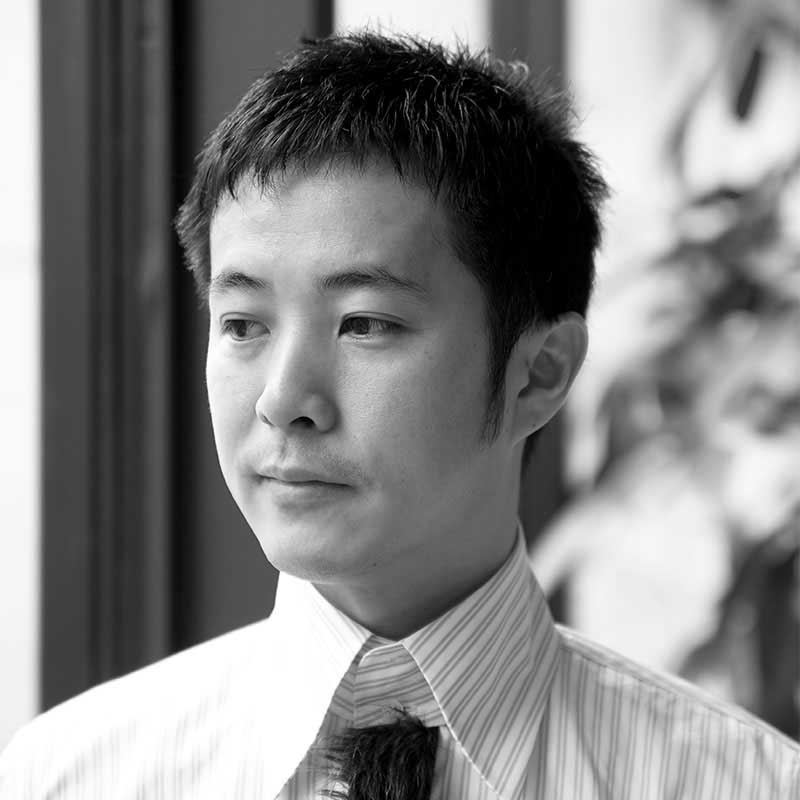
Yasutaka Yoshimura
Architect
Waseda University / Yasutaka Yoshimura Architects

Jun Rekimoto
Computer Scientist
University of Tokyo / Sony
JURY (UNITED STATES)

Amin Anjomshoaa
Computer Scientist
Massachusetts Institute of Technology
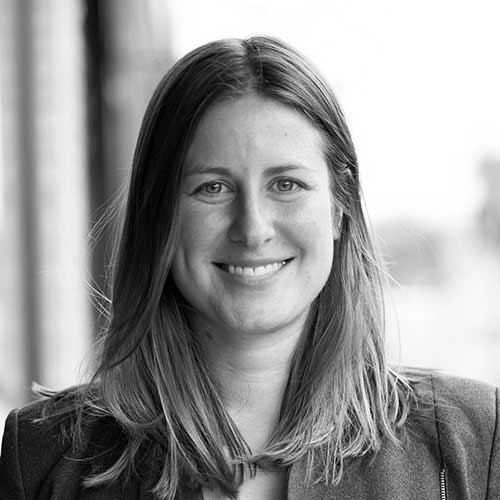
Anna Muessig
Urban Planner
Gehl Architects
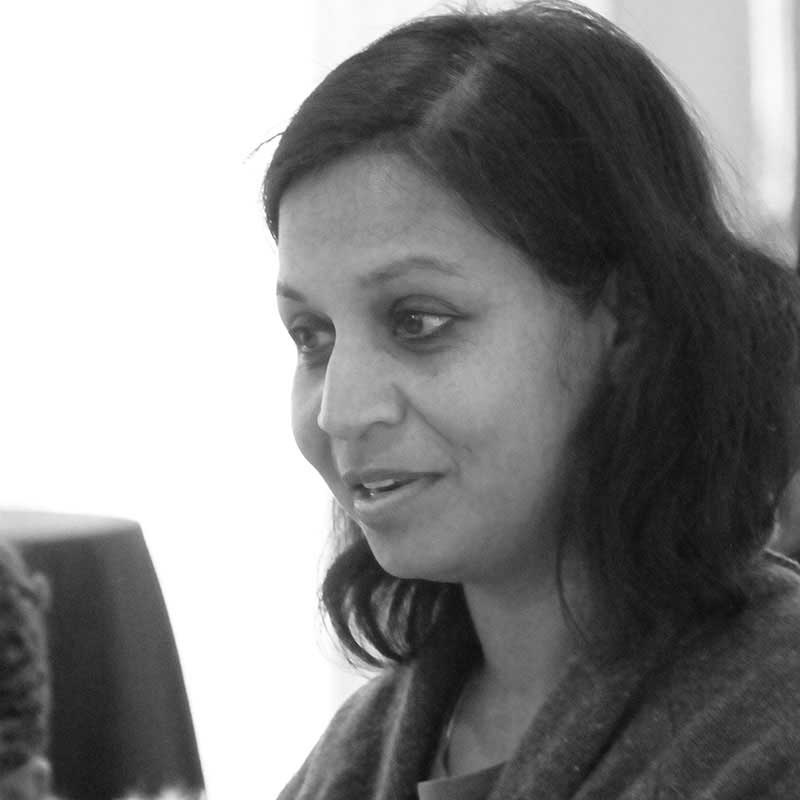
Rashmi Ramaswamy
Architect
Shed Studio
COMPETITION DESIGN

Shunsuke Kurakata
Architectural Historian
Osaka City University
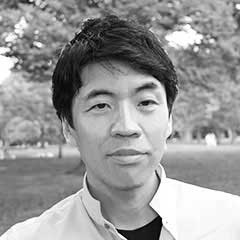
Sotaro Yamamoto
Architect
Atelier Sotaro Yamamoto
NOTES
• All copyrights regarding entries belong to the authors. However, the Wikitopia Project retains the right to use submitted materials for research, publicity, and other purposes necessary for advancing the project.• Please ensure that submissions do not contain any material (logos, images, text, etc.) whose copyrights are held by third parties.
• Further information regarding the competition will periodically be added to this website.
FAQ
-
Q:Is there an application fee?
A:Participation is free! There are no fees of any kind. -
Q:Can I submit a movie, software, etc. instead of a PDF file?
A:Sorry, but we can only accept PDF files formatted according to the instructions given on this website. -
Q: Where can I learn more about the Wikitopia Project?
A: Please take a look at the project website. We're tweeting too! -
Q: If my entry receives an award, do I need to travel to Japan to accept it?
A: No, traveling to Japan is not required. -
Q: How much technical information (site plan, assembly details, etc.) should my PDF sheets include?
A: We'll leave that up to you! -
Q: Will the jury make use of the metadata in any way during the winner selection process?
A: No, the jury will only refer to the PDF files in selecting the winners. -
Q: Please tell me more about the target site.
A: For the Phase 1 Competition (deadline: Sep 24), we're looking for ideas that can be applied to dense, active urban centers — your idea can target any city in the world, as long as it fits the above description. (We're giving Ginza merely as one example of such a city.)
For the Phase 2 Competition (deadline: Dec 28), we'll be soliciting ideas that specifically target Ginza Sony Park or its immediate vicinity. (For plan drawings of Ginza Sony Park, please submit a requestfrom this page.) -
Q: For Phase 2, what exactly is meant by submissions having to "build on, or combine" Phase 1 entries?
A: There is a lot of latitude with regards to this. Phase 2 submissions can describe entirely new ideas that merely take hints from / are inspired by any of the Phase 1 entries, or strictly take the form of a version 1.1 (incremental but still significant update) of a particular Phase 1 entry. The bare minimum requirement is that you can draw some kind of connection between your new idea, and one or more of the Phase 1 entries. - * This FAQ list will be updated periodically. If you have any questions not answered here, please feel free to contact us at the email address listed below.
CONTACT
hello@wikitopia.instituteWIKITOPIA INTERNATIONAL COMPETITION Head Office
Wikitopia Institute
5-8-16-602 Mita, Minato, Tokyo 1080073 Japan

